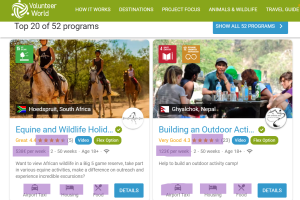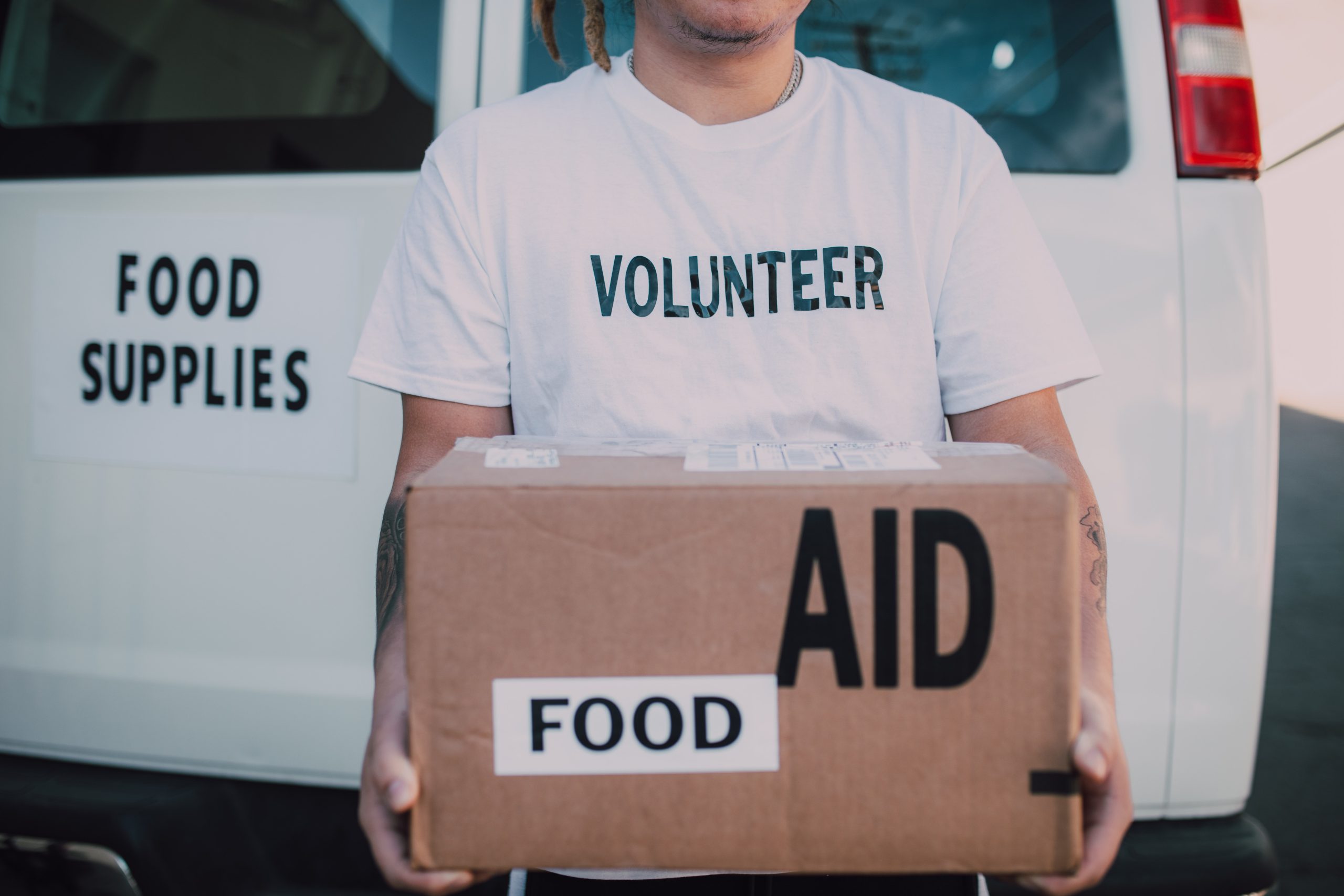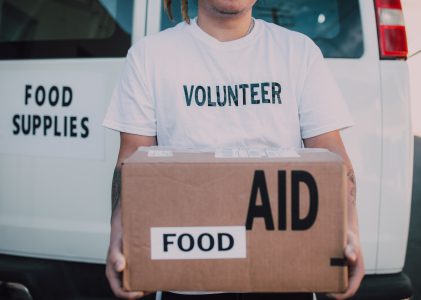The conversation is not new. And it is not news that the origin of the Development sector is entangled to Eurocentric ideals of the future. These ideals are not only shaping Development practice, theory but also the public’s expectation and knowledge of what is out there. Just like that, even before setting foot into the communities the western eyes already have a modeled picture, a pre-concieved expectation of why their help is needed.
The ‘White gaze’, also sometimes known as ‘the imperial gaze’, is the term for the process by which people and societies are viewed through the lens of White ethnocentrism, which assumes that Whiteness is the only referent of progress.
Decolonizing Aid (2021)
It also reveals something about representation, but it is a conversation for another time. Often putting an emphasis on what is called orphanage tourism, voluntourism can take different forms. This hazardous cocktail of service and leisure, going from teaching English to marine conservation and wild life rescue, always end up causing someone else’s suffering.
Voluntourism: when volunteering meets tourism
Before I came across the practice of voluntourism, like many I was aware that people volunteered outside their home country. Usually with the idea of assisting a local community in Africa, Asia or South America. They would, for example, teach English or other language, build facilities, clean natural sites or work at an orphanage . The practice of voluntourism or volunteer holidays, as it is sometimes referred as, centers itself around the volunteers experience and needs. As one can find website helping to research the best travel experience, one can also find similar website to assist one in finding the “perfect volunteering experience” for them. Let’s take a look!


What does these screen shots have in common?
First, They were clearly constructed with the same layout in mind (similarities highlighted in purple). Featured on your screen is an eye-catching picture of your potential destination, followed by a quite impressive star rating to reassure the traveler, finally the inclusions and price to make sure you know your money is not going to be wasted.
A need for a transition
However, this volunteering hybrid raises important questions about the intent and reach of the volunteering practice goals. In 2016, Madara Žgutė shares her own experience and perspective on voluntourism on a TEDx talk. She reveals how she was quickly confronted with the destructive potential of this volunteering model and her limitations as a westerner coming in with her own perspective and preconceived ideas about Africa.
Drawing on her experience, there are a couple of points worth exploring. Volunteers without specific skills, that would otherwise be required in other contexts are participating to the mission. For instance, young people without any teaching experience or previous training are entrusted to teach foreign language, monitor marine life, build shelters and facilities or even take care of children in orphanages. It seems the discourse is “No need for qualified people! Since these communities are not skilled like us we can allow the bare minimum”. On the other hand, of course I understand that the basis for volunteering is an individual’s decision to give their time to serve a community which in the end is not necessarily decided based on formal training.
This ‘gaze’ means that institutions, White people and even other people of colour may engage with non-White people, practices and institutions on the basis of their perceived inferiority to White institutions and norms.
Decolonising Aid (2021), About White Gaze
Reflecting on Voluntourism
Cultural differences pushes the volunteer, looking through the ‘western lens’, to attempt fixing the communities socio-cultural systems of interactions. Hence, they are interfering with pre-establish shared social constructions. This particular perspective makes itself the “neutral lens”. Volunteers and practitioners alike, fail to examine their approach as being a bias and constructed reality but instead it is understood as the ideal to reach. To this point, the voluntourist seeks barely any knowledge of the communities and their social context beforehand.
Many international organisations, rather in humanitarian or development sector are fully aware of the negative outcomes of voluntourism on the local communities especially. The ways the ‘White Gaze’ informs the design of how to do development and how it is communicated can also indicated a pathway to deconstruction. In the case of voluntourism, I doubt a for-profit model benefitting from humanitarian ideals is a sustainable answer to a more ethical development practice.
Let’s start a discussion in the comment section!
What are your thoughts on voluntourism? Do you have any recommendations to design ethical volunteering?
How can one depart from Eurocentric lens? Is it at all possible?


